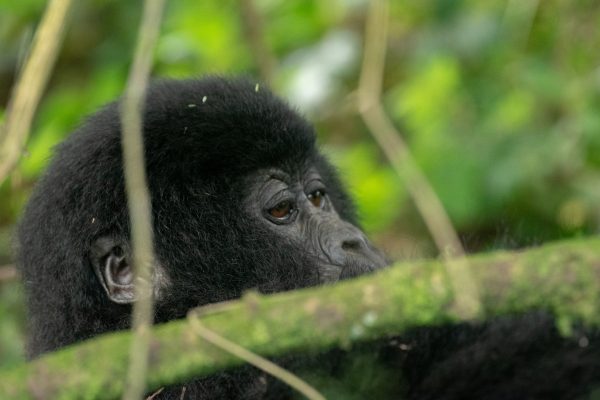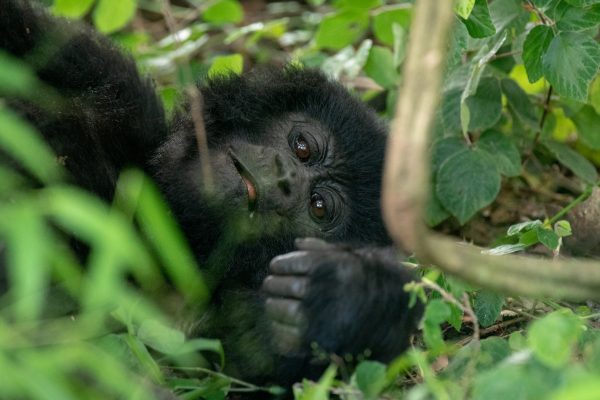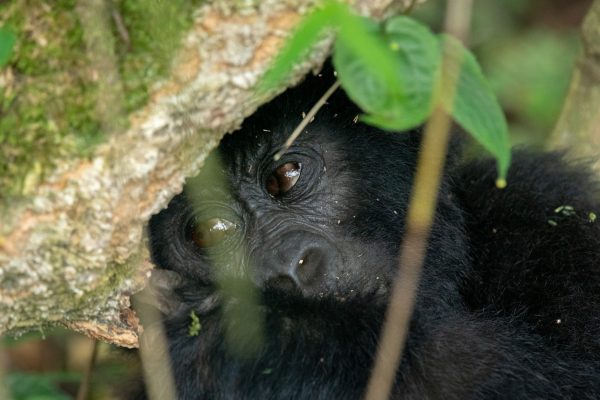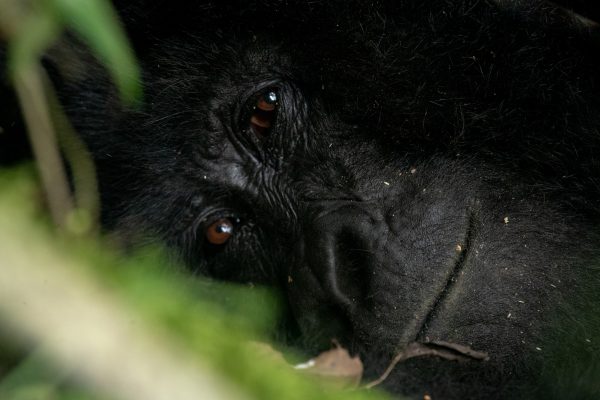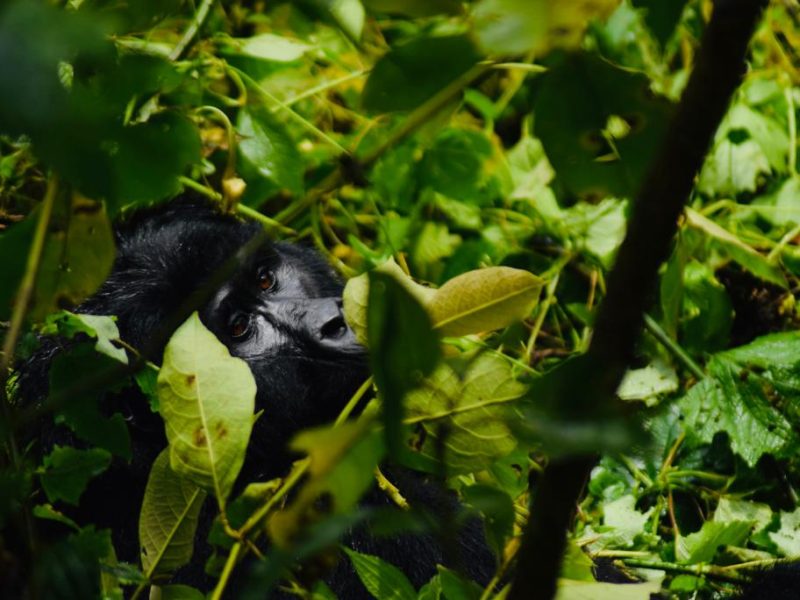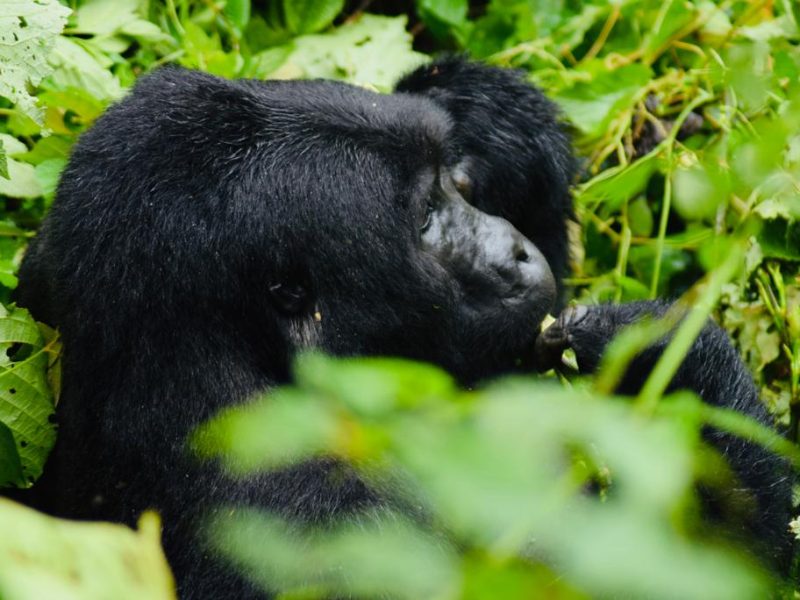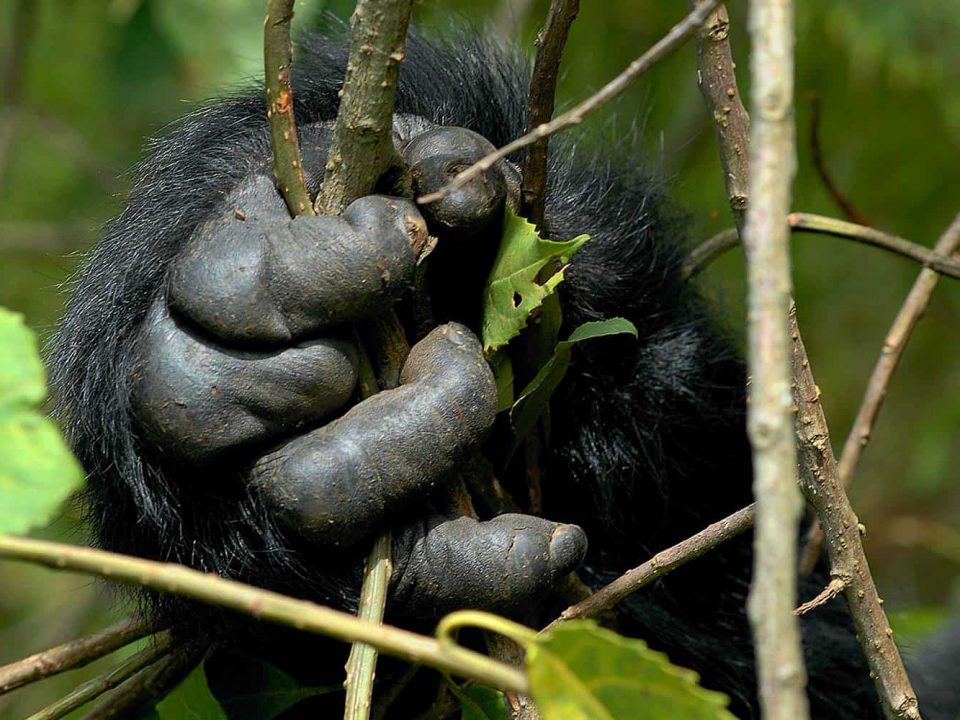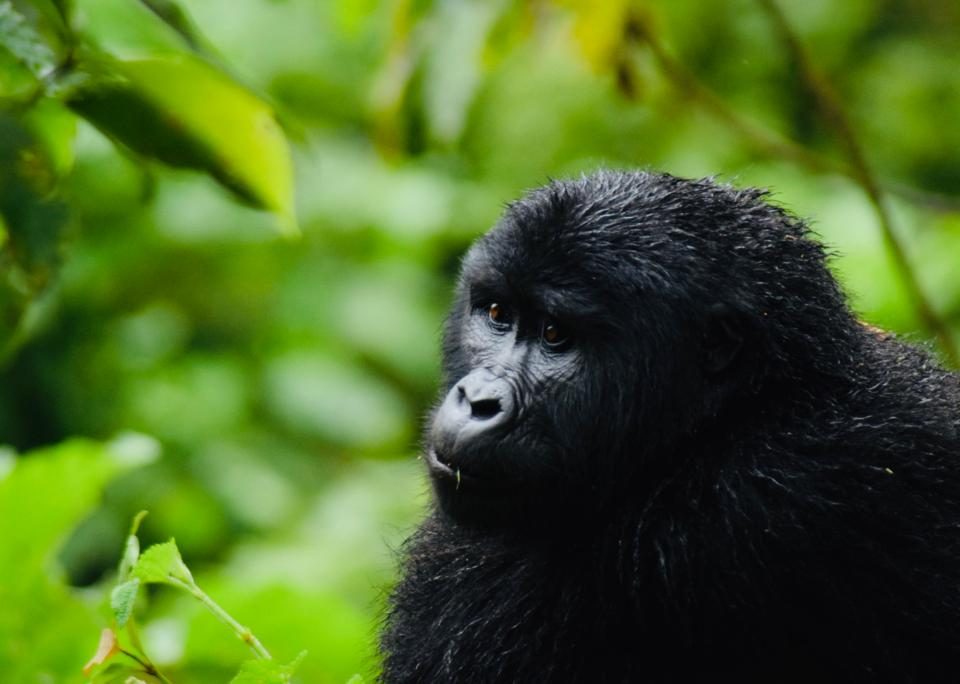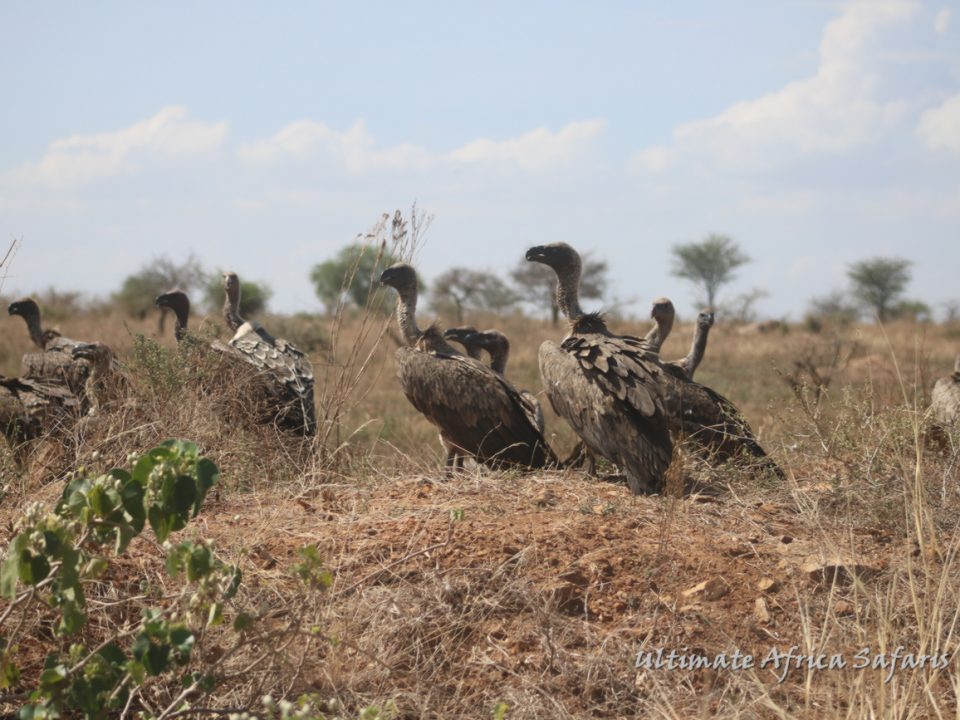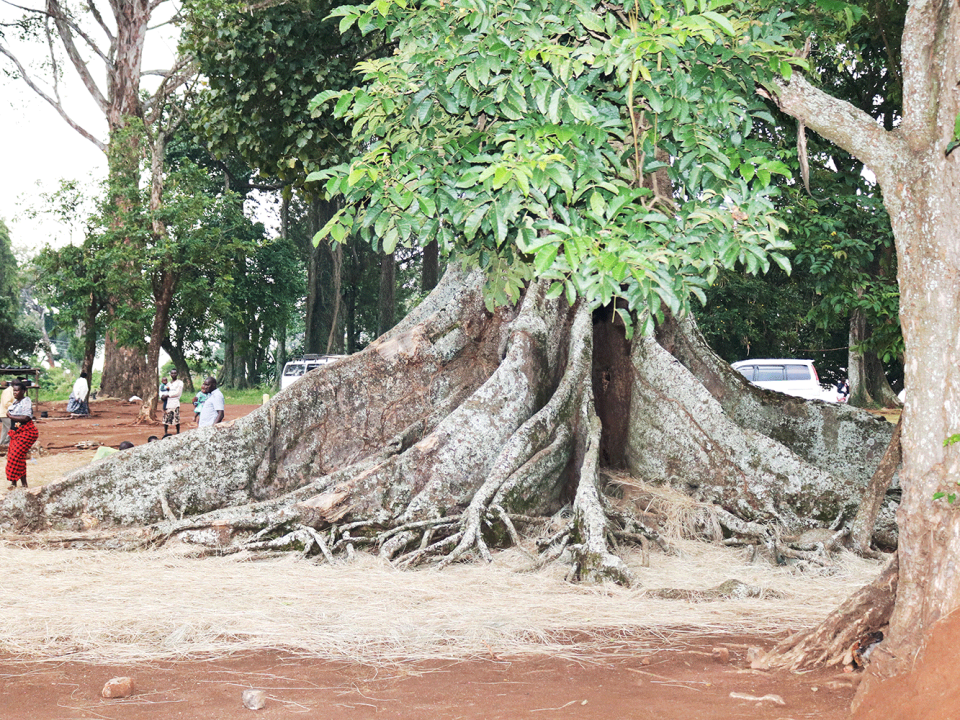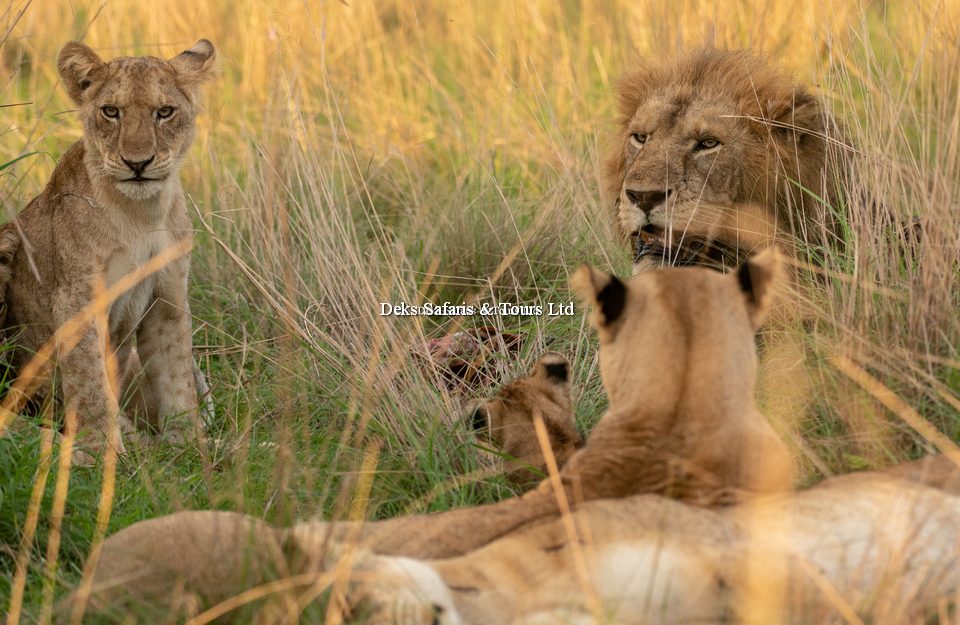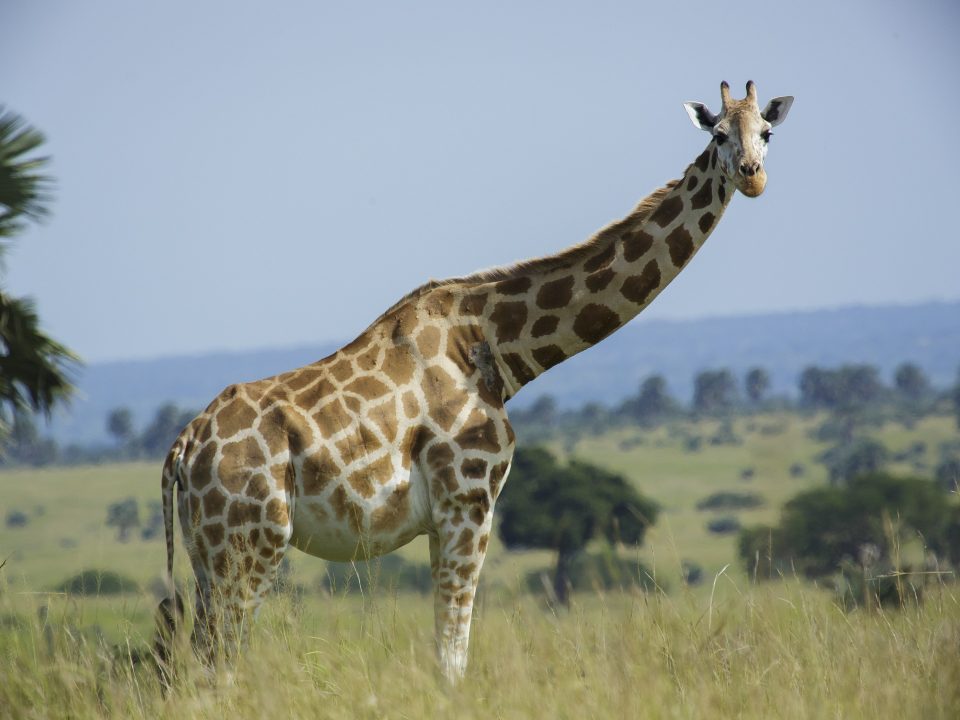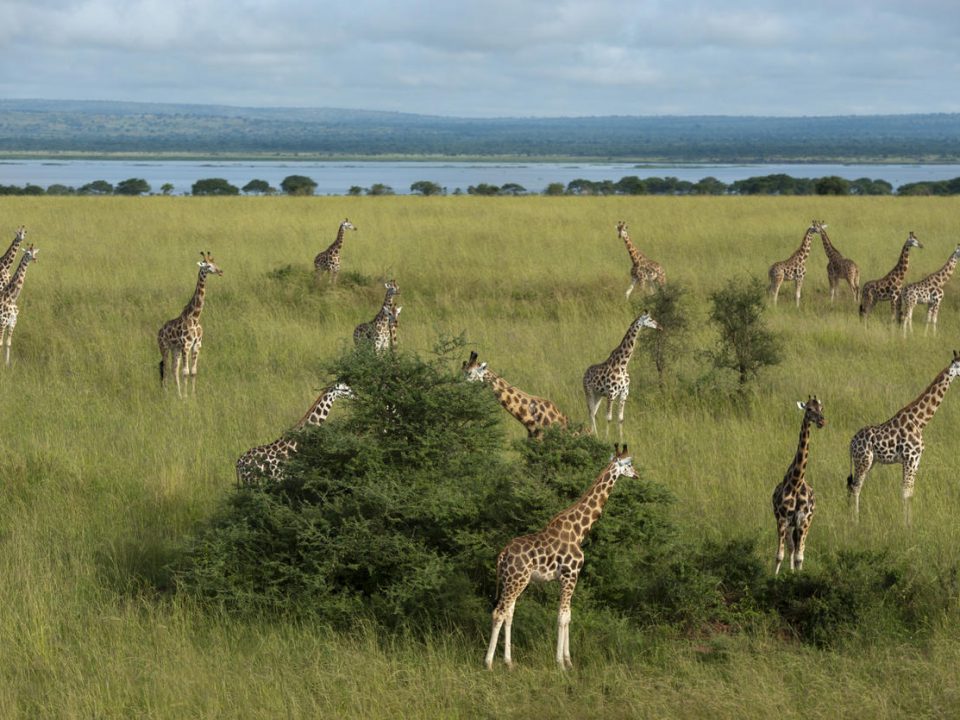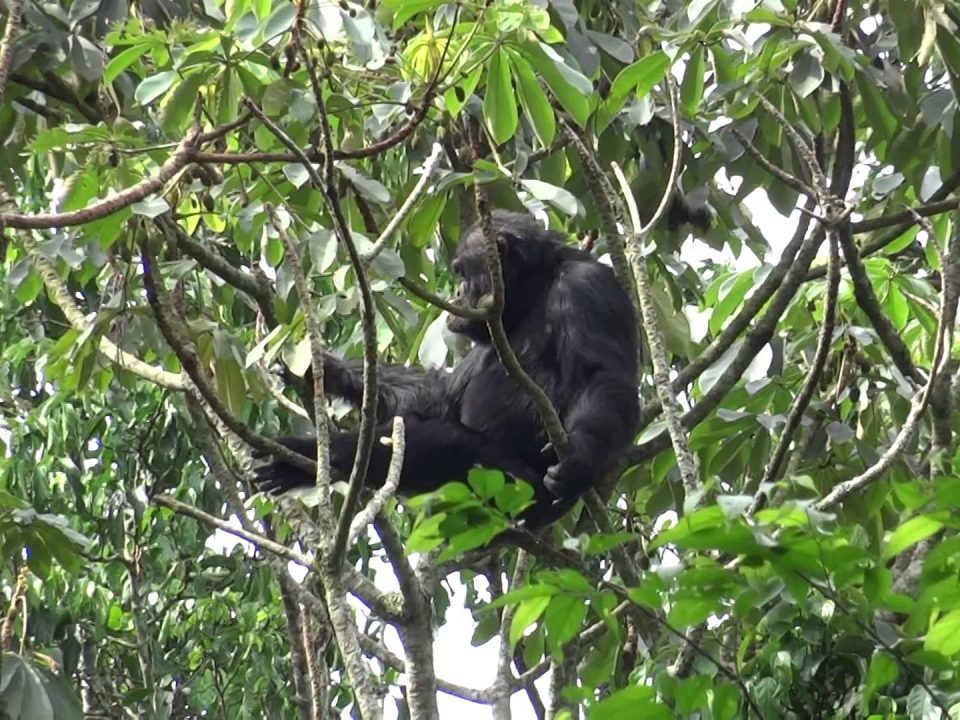March 24, 2023
Published by Deks Safaris & Tours Ltd on March 24, 2023
Categories
- Adventure Holidays
- Africa Adventure Tours
- Africa Safari News
- Africa Senior Tours
- Africa Tour
- Africa Tours
- Africa Village Tours
- Africa Wildlife Safari
- Africa Wildlife Tour
- Gorilla Safaris
- Gorilla Trekking Africa
- Rwanda Cultural Tours
- Rwanda Gorilla Safaris
- Rwanda Primates Tours
- Rwanda Safari Holidays
- Rwanda Vacation Holidays
- Rwanda Wildlife Safaris
- Wildlife Safari News
Do you like it?0

